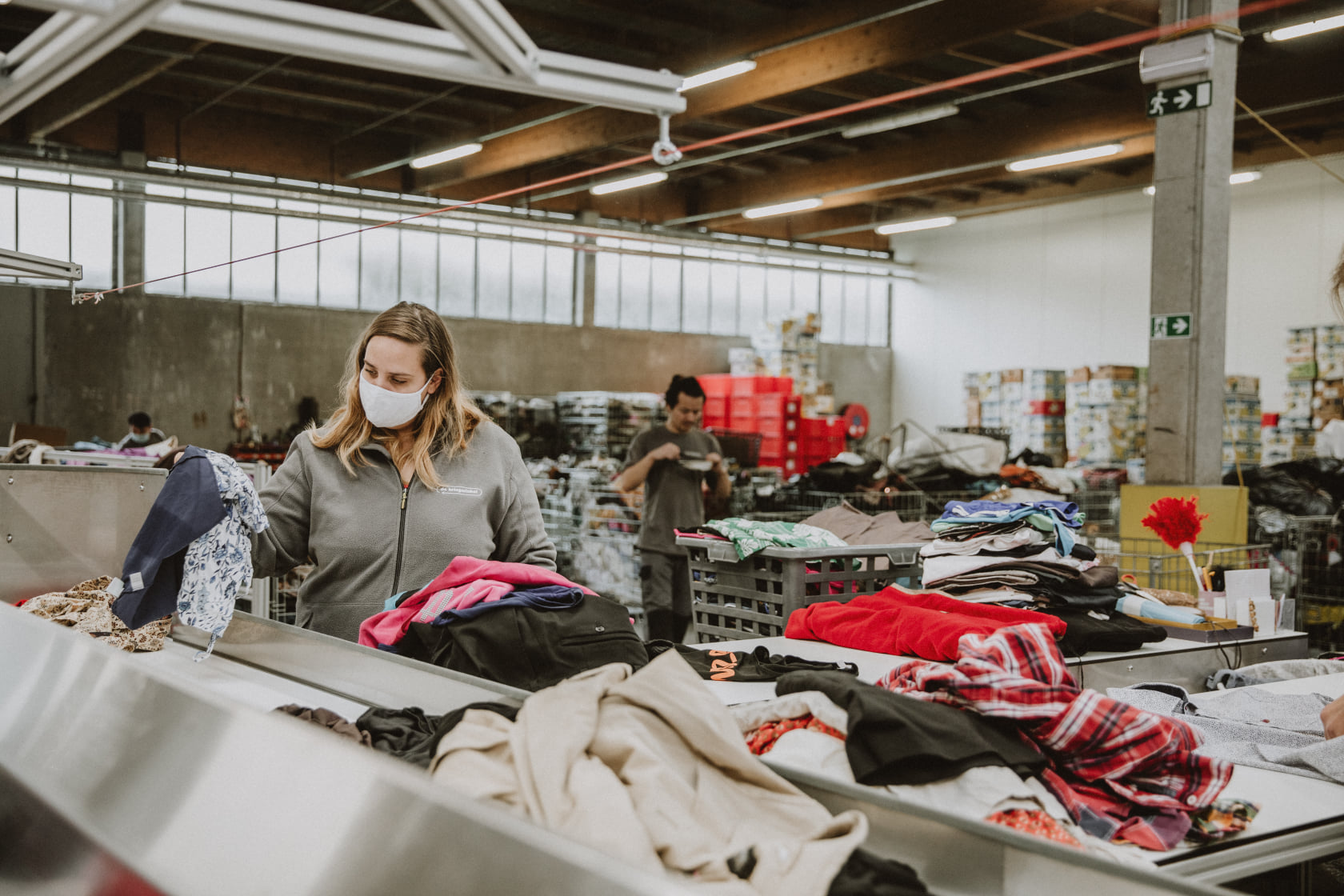ENVI Committee Acknowledges Social Enterprises’ Key Role in Textiles Collection and Management

Brussels, 14 February 2024 – On behalf of more than 1,100 social enterprises in the circular economy, RREUSE welcomes the result of today’s vote on the Waste Framework Directive in the ENVI Committee of the European Parliament. The ENVI report rightly underscores the key role of social enterprises in shaping a more environmentally sustainable and socially inclusive textile value chain in Europe. RREUSE urges the Parliament to approve this report in the next Plenary session and calls on the Council to expedite progress on this crucial file.
The report adopted by the ENVI committee improves legal certainty for social enterprises in several ways. Firstly, it provides a definition of social enterprises based on a recent Council Recommendation. Secondly, it strengthens the role of social enterprises in the governance of Extended Producer Responsibility (EPR) schemes under which producers will bear the cost of textile management after the point of sale. This would foster a more inclusive approach and prevent monopolistic behaviour by producers. The report also specifies that the EPR schemes should fully cover all costs associated with the re-use activities carried out by social enterprises. This is crucial as these actors, in pursuit of their positive environmental and social impacts, face significantly higher upfront costs than commercial operators.
The Committee also supported a stronger alignment of the new EPR schemes with the waste hierarchy that places waste prevention and preparation for re-use above recycling, recovery and disposal. For instance, the report emphasises that producers’ eco-contribution fees should fund not only waste management activities but also the re-use of textiles.
On a less positive note, the report does not foresee a dedicated fund linked to social criteria, which is something that RREUSE has strongly advocated for and that France has already introduced. Another shortcoming is the absence of a clear commitment to establish waste performance and reduction targets. This directly contradicts the European Parliament’s resolution on the Sustainable Textiles Strategy.
Edoardo Bodo, Environment Policy Officer, RREUSE: “Despite the remaining challenges, today’s vote clearly signals a recognition of social enterprises’ invaluable contribution to achieving a fully circular economy for the EU’s textile sector. We urge all policy-makers to enshrine this recognition in the final text of the revised Waste Framework Directive that will shape the future of textiles and the social economy in the EU.”
Notes to editors:
For more information, please contact Edoardo Bodo, Environment Policy Officer, edoardo.bodo@rreuse.org
RREUSE is the international network of social enterprises active in re-use, repair and recycling. The 1,100 social enterprises in RREUSE network provide work opportunities for more than 110,000 employees, volunteers and trainees, the majority of whom face barriers in the mainstream labour market. Every year they collectively divert 1,205,000 tonnes of goods from landfills. In 2022 alone, social enterprises in RREUSE network collected over 360,000 tonnes of textiles and created 20-35 local, inclusive, jobs per 1,000 tonnes.
For more information on the positive social and circular impact generated by our wider membership base in 2022, consult our impact infographic.
Further notes:
- The Guiding Principles on Textiles Collection and Management are a set of recommendations from the RREUSE network to preserve the diversity of national framework conditions on social enterprises without watering down the general social and ecological ambition.
- The waste hierarchy is a key circular economy principle that establishes an order of preference for managing waste according to the best environmental outcomes.
- The Council Recommendation on Fostering Favourable Frameworks for the Social Economy suggests various measures aimed at bolstering the social economy sector at the national level.
Picture credits: De Kringwinkel

